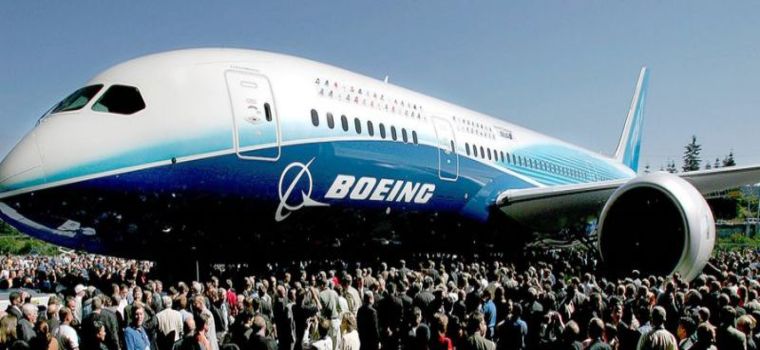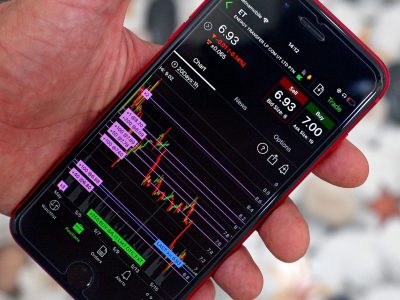
Boeing is expected to incur over $1 billion in wage-related expenses from a new labor contract proposal designed to end a strike that has significantly disrupted its operations, according to analyst estimations compiled by Reuters.
Despite these costs, Boeing shares surged by 4% on Monday, reflecting investor optimism that the month-long strike may soon be resolved.
About 33,000 workers, represented by the International Association of Machinists and Aerospace Workers union, are set to vote on the new contract proposal on Wednesday.
The strike, which began over a month ago, has halted the production of several important models, including Boeing’s best-selling 737 MAX jets, causing substantial delays and financial strain on the company.
The timing of the vote coincides with Boeing’s third-quarter earnings report, where the company is expected to report a considerable loss, partly due to the strike’s impact.
Boeing’s new offer to workers
The new labor contract proposal offers workers a 35% pay increase over four years, a $7,000 ratification bonus, a reinstated incentive plan, and enhanced retirement contributions.
Boeing has promised a one-time $5,000 contribution to workers’ 401(k) retirement plans, along with employer contributions of up to 12%.
These terms represent an improvement over Boeing’s previous offer, which had been rejected by the striking workers.
While the proposal falls short of the union’s initial demand for a 40% pay rise, it marks a significant step toward resolving the strike.
J.P. Morgan analyst Seth Seifman commented on the deal, writing,
“But will the members accept? We can’t say for sure, though it does seem to offer nearly all the union asked for.”
Analysts have estimated the wage increases and bonuses will cost Boeing over $1 billion.
Jefferies analyst Sheila Kahyaoglu expects wage-related expenses to total approximately $1.3 billion under the new contract terms.
Boeing faces challenges in restoring production
Even if the workers approve the new deal, Boeing faces significant challenges in resuming production to pre-strike levels.
The strike halted the production of Boeing’s most lucrative models, including the 737 MAX, as well as its 767 and 777 widebodies.
Analysts at RBC Capital Markets cautioned that it typically takes 6 to 12 months after a strike for production to recover fully.
“Moreover, the impact the strike has had on the already fragile supply chain is uncertain,” the RBC analysts added, highlighting additional risks that could prolong Boeing’s production recovery.
Boeing shares rise despite financial hurdles
Despite the financial burden from wage-related costs and the ongoing disruption, Boeing shares were trading at $161 in premarket trading.
This marks their highest level since September 12, just before the strike began, indicating investor optimism that the company may soon resolve the dispute and begin restoring production.
In a parallel development, approximately 5,000 workers at business jet maker Textron’s Wichita, Kansas facility have returned to work after accepting a five-year contract that provides wage increases of 31%.
This development adds to the sense of optimism in the aerospace sector, with hopes that Boeing will soon follow suit in resolving its labor issues.
While the contract vote is eagerly anticipated, Boeing still faces the challenge of quickly ramping up production and managing the broader impact of the strike on its already-stretched supply chain.
The post Boeing’s new labor contract targets $1B wage bill over four years amid strike, shares rise appeared first on Invezz









